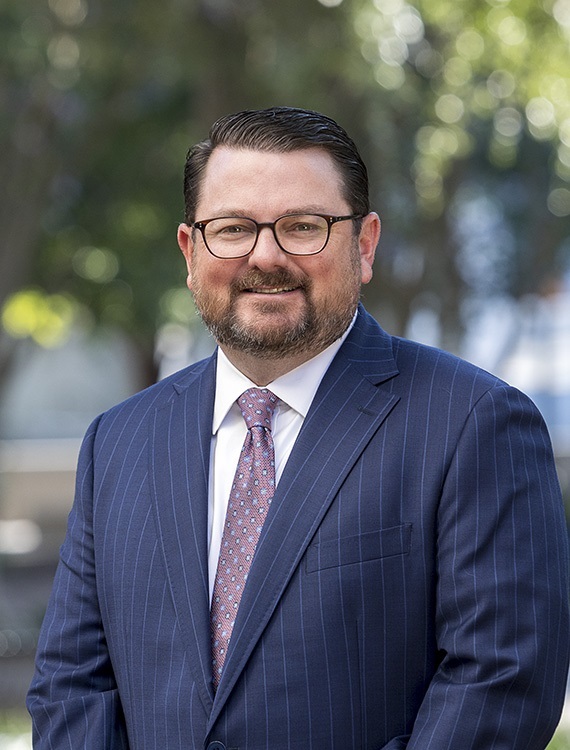New Year to Bring Continued Discussion of Property Issues

The beginning of a new year always brings with it an acceleration of Florida’s consideration of key public policy issues affecting the insurance industry. Activity in Tallahassee slows down in the second half of December, soon followed by the realization that the next legislation will be here quickly. For the property insurance industry, this means resumed discussion of issues that hopefully will continue to restore and revitalize the private insurance market.
Over the last two years, Florida has seen substantial efforts to depopulate Citizens Property Insurance Corporation with a number of exisitng insurers participating and several new participants entering the market. As we enter 2014, we are just weeks away from seeing the implementation of the initial phase of Citizens’ clearinghouse. Many property insurers and agents will be monitoring the development of the clearinghouse to see what effect it has on the market.
The size and assessment risk of Citizens has taken a back seat over the last few months to concerns over dramatic increased in flood insurance rates for policies issued under the National Flood Insurance Program. The increases threaten real estate activity as purchasers find that the flood insurance premiums on properties might be going up by thousands, and sometimes tens of thousands, of dollars. The Florida Office of Insurance Regulation devoted significant attention and resources to developing a bulletin that serves as a guide for admitted market insurers seeking to write flood policies either on a standalone basis or as endorsements to personal residential policies. The Florida legislature also is expected to take up legislation intended to facilitate private market flood writings.
The Florida Hurricane Catastrophe Fund also will be the subject of continuing discussion in 2014. Over the last couple of years, competing segments of the industry have suggested changes. Some insurers and reinsurers advocate reducing the aggregate capacity of the FHCF, increasing the industy’s retention, and increasing the copays. The parties generally point to the need to ensure that the FHCF is able to meet its obligations and to the negative effects of potential FHCF assessments. Other insurers suggest that the industry’s retention should be reduced to better capitalize on the efficiency of the FHCF. If the retention were reduced, the FHCF would displace a greater share of the most expensive part of insurers’ reinsurance programs, which in turn could help moderate rates for policyholders. This debate has played to a draw over the last couple of years, so we’ll see if either side gains traction in 2014.
Discussion of property insurance issues has become an annual occurrence in Florida, and the 2014 legislative session will be no exception.












